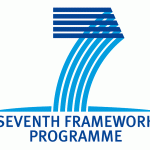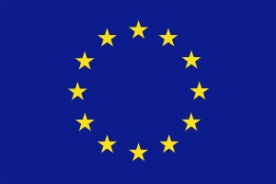The Nottingham Geospatial Institute at the University of Nottingham is a world-leading research institute in the areas of global navigation satellite systems (GNSS), geodesy, geomatics and geospatial science. NGI has been formed in 2011 as a merger of two existing research groups at UNOTT, the Institute for Engineering Surveying and Space Geodesy (IESSG) and the Centre for Geospatial Science (CGS).
For more information visit the website of the Nottingham Geospatial Institute.
Key personnel
Jeremy Morley
Jeremy Morley was appointed Deputy Director of the Centre for Geospatial Science in September 2009. From August 2011 he became Director and will be a Team Leader for Geospatial Science at Nottingham Geospatial Institute. Previously he was a lecturer in Geographic Information Systems at UCL from October 1997 to August 2009. His academic experience ranges from remote sensing (including participation with Prof. Muller at UCL in the UK Landmap project, creating a DEM of the British Isles from interferometric synthetic aperture radar data), through GIS standards (for example, creating a GEOSS demonstration system on behalf of the OGC, based on work carried out in collaboration with Prof. Muller) and into applications of GIS (such as the collection of vernacular geographies through web-GIS systems embedded in social media applications). He has collaborated with Prof. Muller for over 10 years on projects in planetary mapping, particularly of Mars, for example in UK research council funded projects on geological mapping of Mars using HRSC data. Within the FP7 project he has lead the development of PRoVisG to present web-GIS tools for analysing together photogrammetric imagery and derived data from rovers and orbiting satellites. he contributed to the Royal Society Summer Science exhibit “Rough guide to Mars” in July 2006 and associated Royal Science Day.



